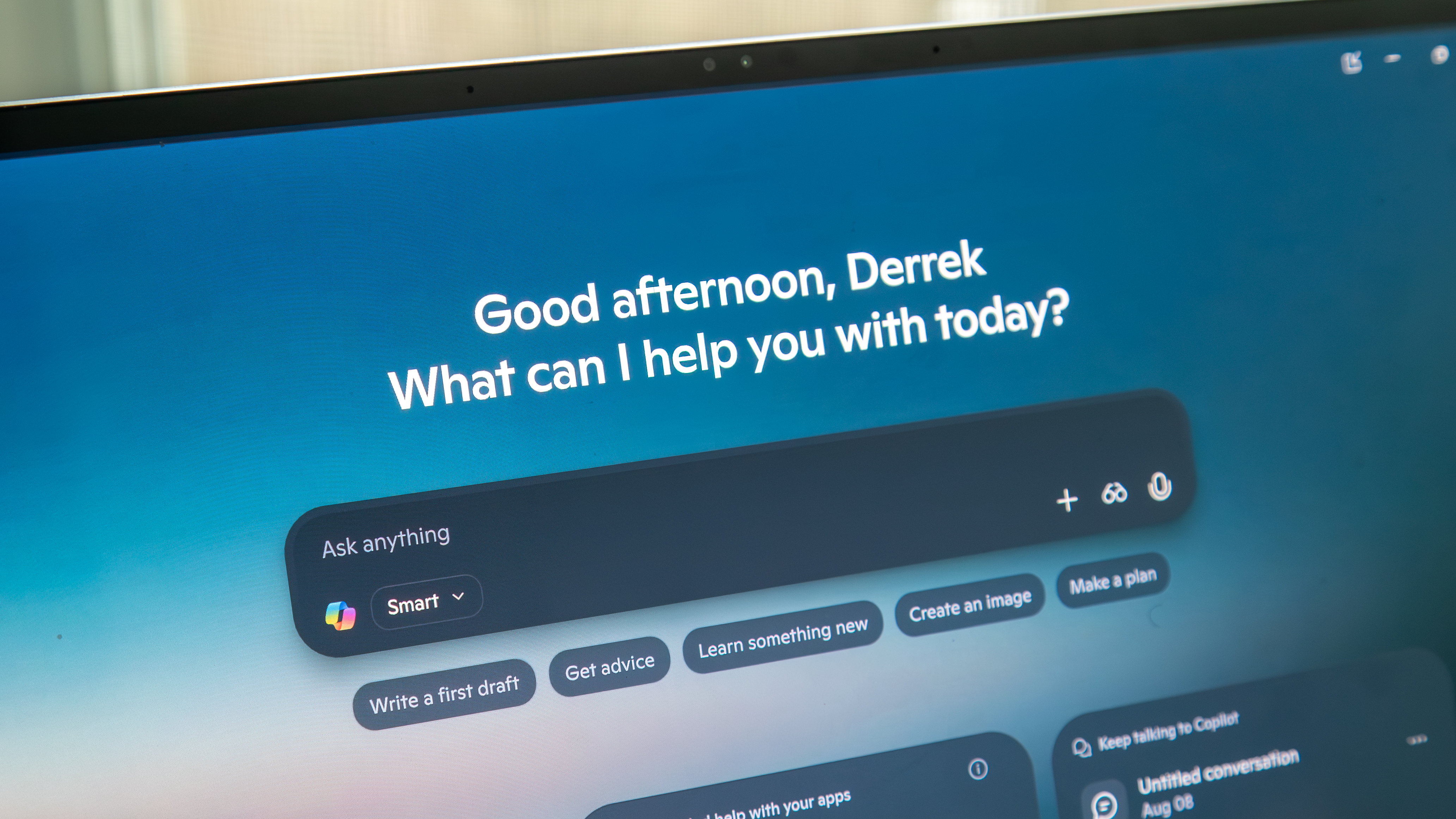FCC approves broadband 'nutrition labels' to help you shop for internet

Get the latest news from Android Central, your trusted companion in the world of Android
You are now subscribed
Your newsletter sign-up was successful
What you need to know
- The FCC has voted to move forward with new rules for ISPs to display nutrition labels.
- The proposed rulemaking would mandate ISPs to display relevant speed and pricing information to consumers.
- This should make it easier for consumers to make an informed decision on their broadband.
The FCC voted unanimously on a plan that would allow consumers to make better decisions about their broadband internet.
The proposal will require internet service providers (ISPs) - including many of the best wireless carriers in the U.S. — to display "nutrition labels" that display relevant service information for consumers at point-of-sale. This includes internet speeds, allowances, and clear information on rates.
"If you walk into any grocery store and pull boxes of cereal from the shelves, you can easily compare calories and carbohydrates," FCC Chair Jessica Rosenworcel said in a statement on Thursday. "That's because they have a common nutrition label. It's black and white, simple to read, and easy to understand. It helps consumers make good choices."
Rosenworcel says that this should also apply to broadband service so that customers can make informed choices and compare services to get what's best for them. For instance, customers will clearly be able to see if the offer they're being presented with is just an introductory rate and be able to see what they would pay after the introductory period has ended.
The proposal is based on a 2016 notice that approved the use of broadband nutrition labels. However, as Rosenworcel points out, "[i]t was also just voluntary."
The newly proposed labels are mandatory as part of the Infrastructure Investment and Jobs Act that was signed into law in November. This provides the FCC with more authority to mandate nutrition labels and spearhead other programs and efforts to expand broadband access.
Hopefully, this will make it easier to find suitable broadband service, particularly in rural areas where ISPs and wireless providers have largely failed to live up to their promises.
Get the latest news from Android Central, your trusted companion in the world of Android

Derrek is the managing editor of Android Central, helping to guide the site's editorial content and direction to reach and resonate with readers, old and new, who are just as passionate about tech as we are. He's been obsessed with mobile technology since he was 12, when he discovered the Nokia N90, and his love of flip phones and new form factors continues to this day. As a fitness enthusiast, he has always been curious about the intersection of tech and fitness. When he's not working, he's probably working out.
